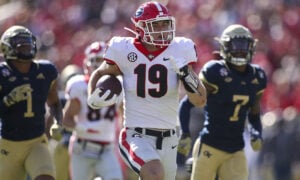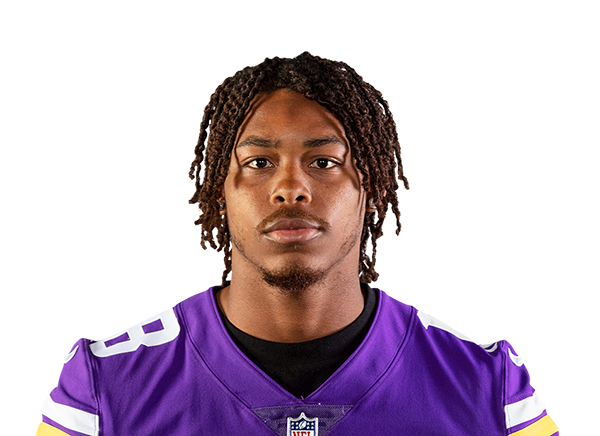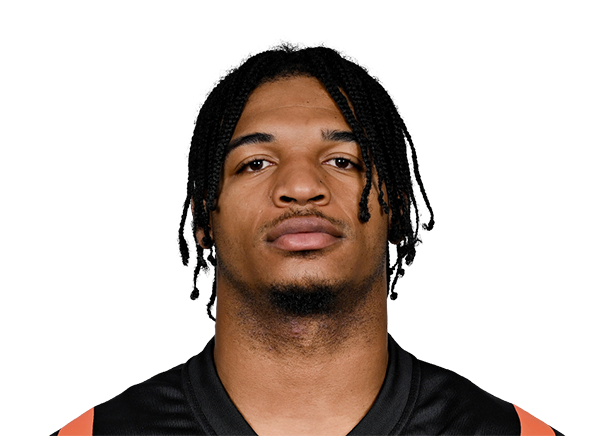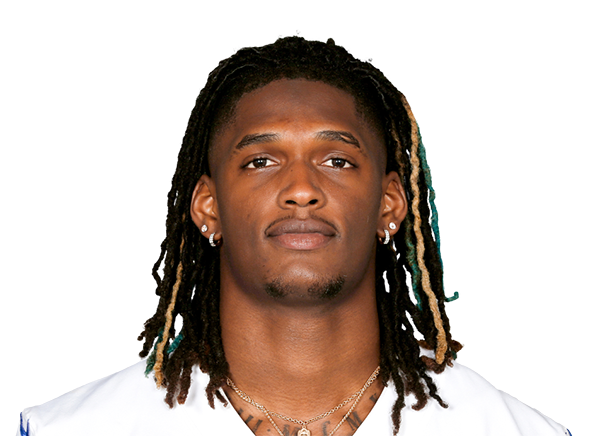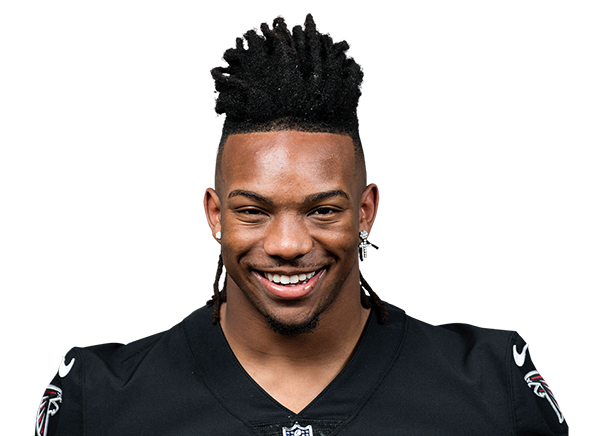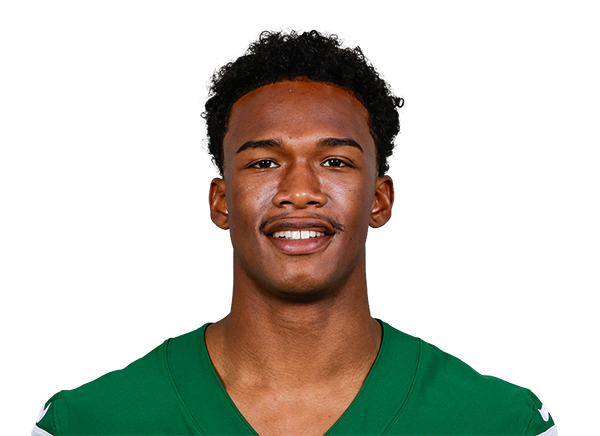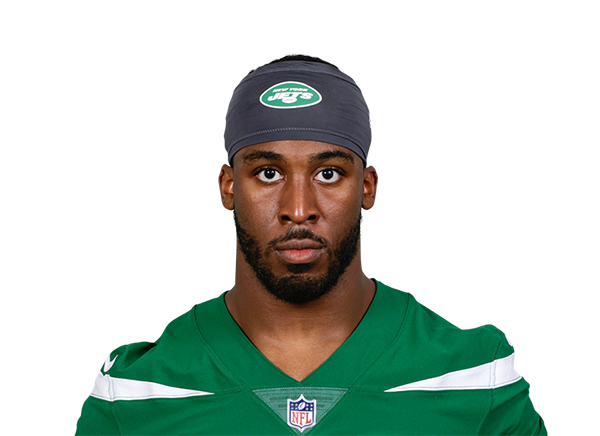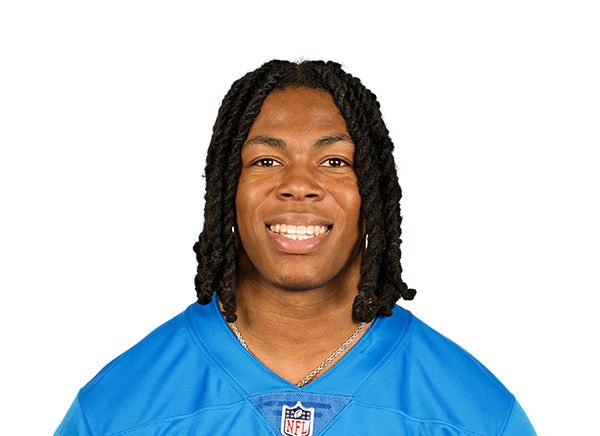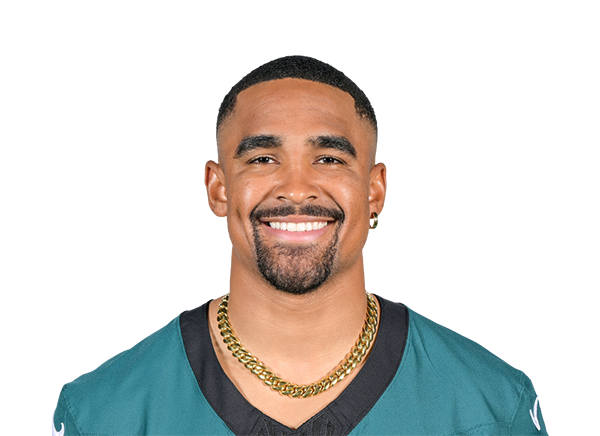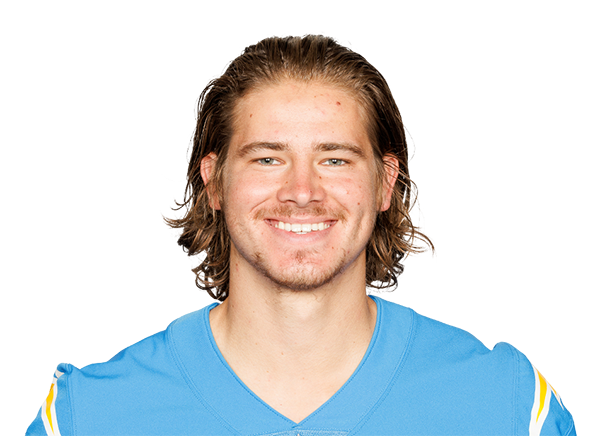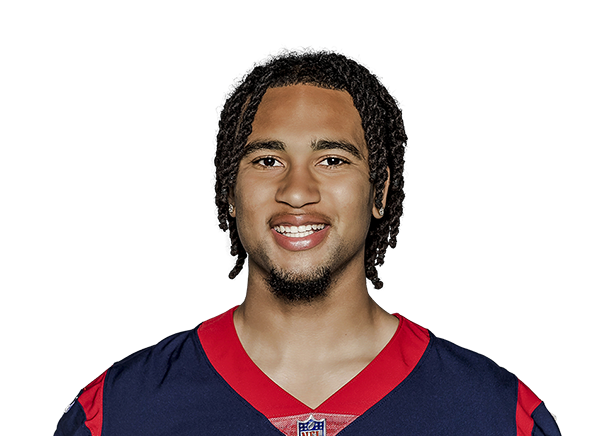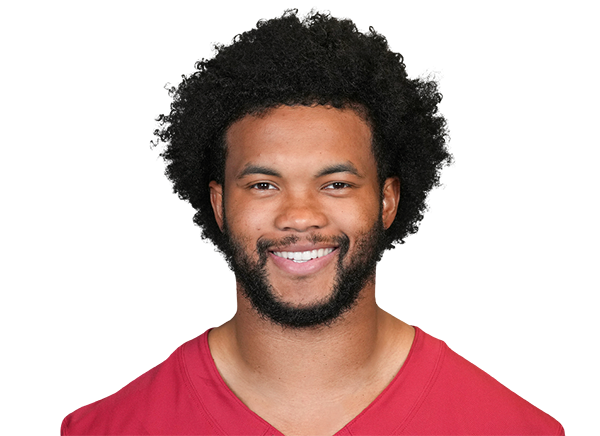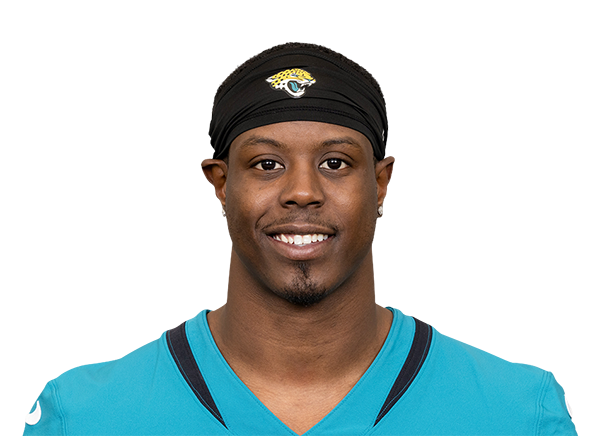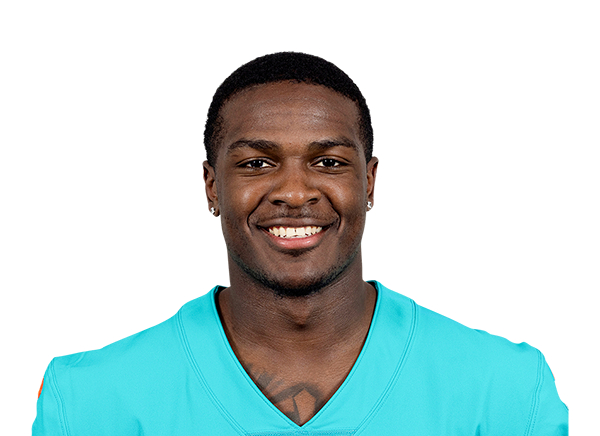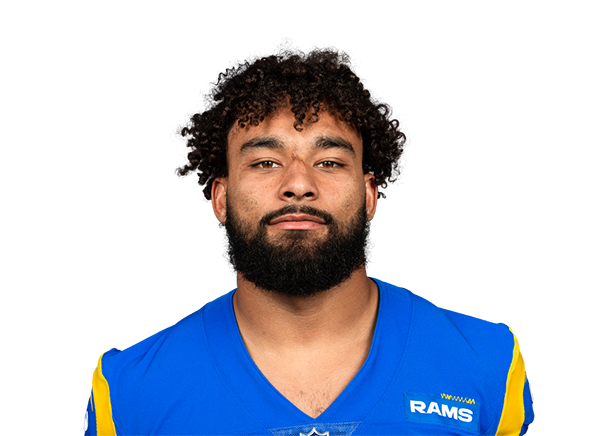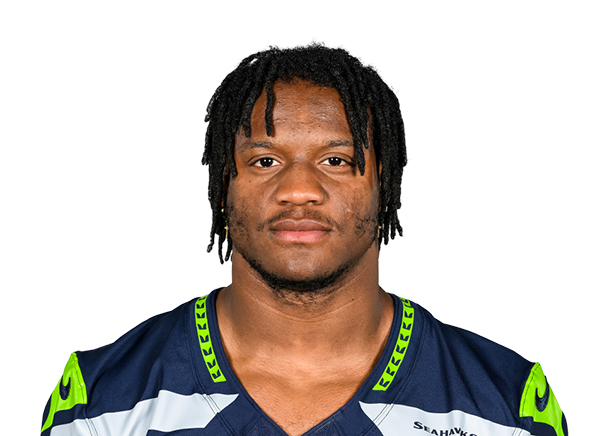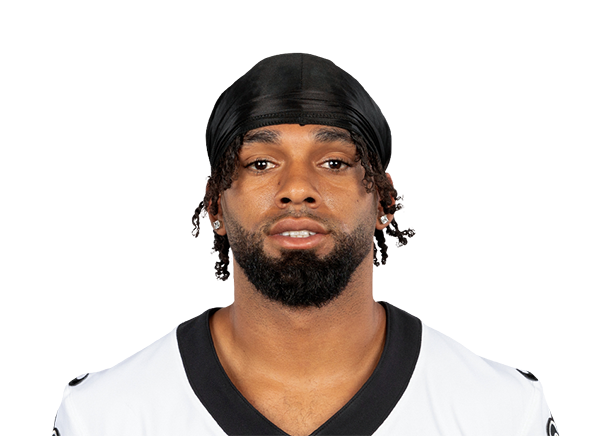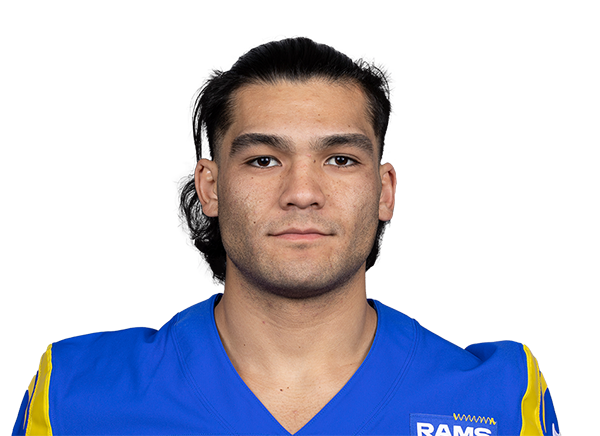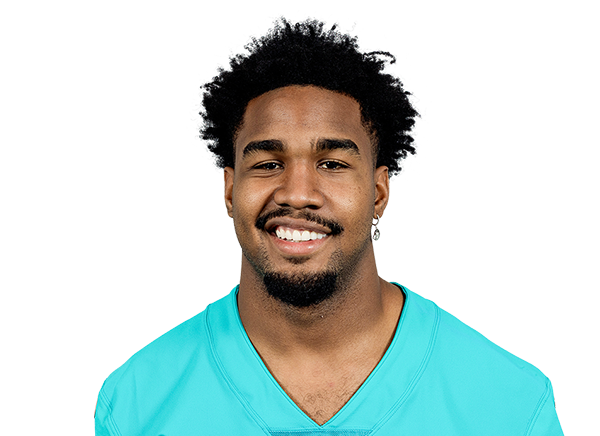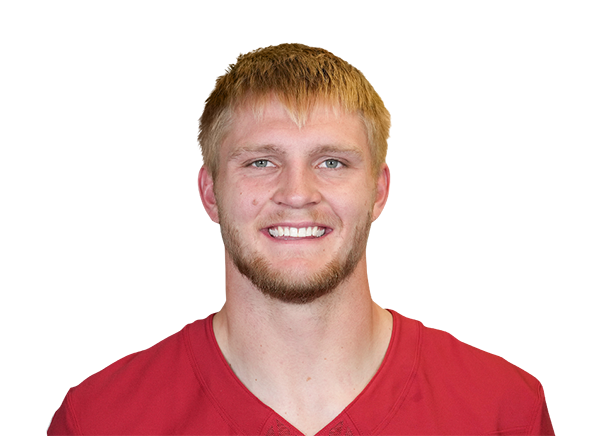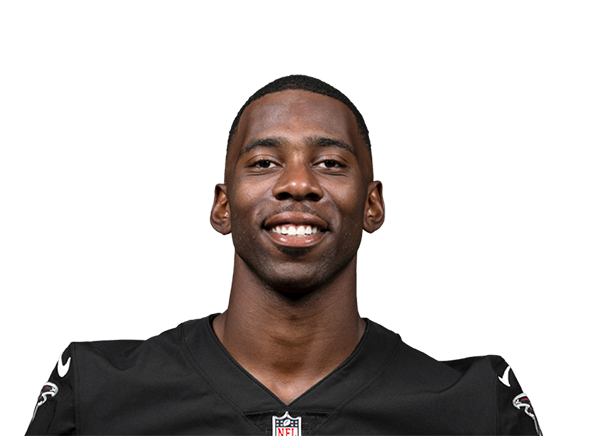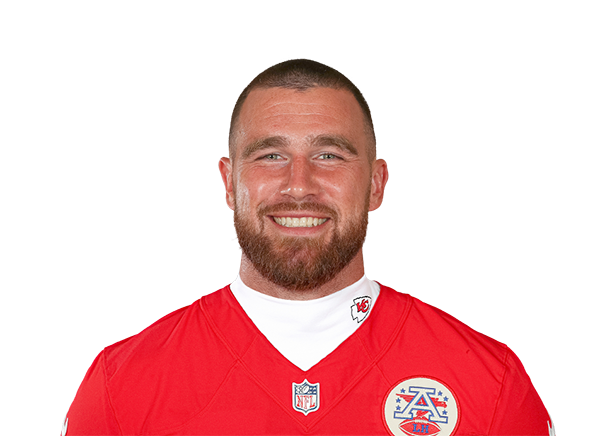A Better Ball Game?
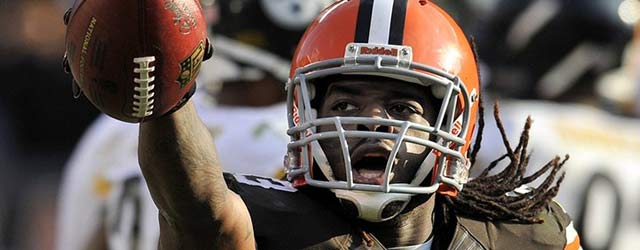
We’ve all been there.
You’ve spent hours researching your starting lineup decisions for your fantasy team. The tight end who has been sitting on your bench the past two weeks while he’s been blowing up in real life finally makes it into your starting lineup. He’s facing a cupcake defense. He’s a consensus top play according to all of the “experts.” Game day comes, he lays an egg, and you lose your game by a few points. Next week, he’s back on your bench facing the best defense in the league and he blows up again, while your steady starter fails to get a single reception. Another close loss.
And so it goes all season long, with different players at different positions, on teams in many different leagues. No matter how much research you do, how many expert opinions you consider, you end up leaving too many points on your bench and miss out on a number of potential wins. Your carefully crafted team doesn’t play to it’s potential simply because the luck of the start doesn’t fall your way.
Most of us simply accept this as just a part of the game. Making your weekly lineup decisions, even when they miss, is part of the fun of fantasy sports, right? But for many, myself included, it’s a frustrating and time consuming exercise. Where is it written in stone that this must be a part of the game? What if there was an easier and yet more equitable system?
Enter the “best ball” format.
Best ball is a scoring format where your league software simply plugs in the highest scoring player from your roster at each starting position each week. If you have three quarterbacks on your roster, whoever scores the most points that week is used in the quarterback slot. Two starting running back spots to fill? The two highest scoring running backs from your entire roster for the week are used. And so forth, for all of the starting lineup positions.
I know this might sound a little crazy. And I know there are many people who feel this format is somehow a less worthy form of fantasy football. They feel the process of selecting a weekly starting lineup is an essential part of the game, and helps to somehow differentiate the men from the boys. But I believe the best ball format for a league could offer many advantages over the traditional lineup format. I have seen many teams win based on fortuitous starting lineups, beating teams comprised of much deeper and higher quality rosters, simply because a key player or two had an unexpectedly bad game at a bad time. It’s a less satisfying way to win, and incredibly frustrating to be on the losing end of those games.
But it doesn’t have to be that way.
Lets look at a few reasons why the best ball format might be a superior format not only for most fantasy football leagues, but in particular for dynasty leagues:
Best Ball diminishes the randomness of chance and luck.
Football is an unpredictable game. The ball can bounce any number of different and unexpected ways. Players get injured or ejected. Coaches favor a hot hand or unexpectedly bench a player. The dreaded game time decision for a key player can make or break your entire matchup. A defense might focus on a particular player and take him completely out of a game. Week-to-week, game-to-game, play-by-play, anything can happen. Trying to predict exactly what will happen in each game is a very difficult proposition.
Now, predicting performance over an entire season is also difficult, but it is generally easier and less risky. Let’s consider the Law of Large Numbers. This theorem states that as the sample size of an event increases, the variance from the expected mean decreases. Applying this to our discussion of fantasy player performance supports the notion that it is much more difficult to predict the performance of an individual player in each individual game than it is to predict how a player might perform over an entire season. A larger sample size of games and plays will normalize the data and smooth out some of those statistical variations.
As an example, going into a season it’s much easier to predict something like “Dez Bryant will be a top 20 WR.” But trying to predict his performance on a game-to-game basis? You accuracy will naturally diminish given the inevitable game to game variations that player will encounter. Even players who are clear studs at their positions like Aaron Rodgers can have pretty wild performance swings, even in situations where a very good or very poor performance might be expected.
What all of this means is this – trying to make player performance predictions on a game-by-game basis increases the randomness of the fantasy contest. With this increased randomness comes an increased dependence on luck in order to make the right call for your starting lineup. If you are someone who enjoys that element of chance and randomness in your game, or if you believe in your ability to consistently beat the odds and out-guess your opponent in those situations, then you may still prefer a traditional weekly lineup driven league. Personally, I prefer my fantasy football to be less about guesswork and luck and more about building a strong and deeply talented team.
Best ball requires better team building skills.
On a regular fantasy football squad, you can often get away with building a contender around a few reliable studs. Depth is important in the event of injury, but in many cases, higher quality depth is a luxury which is frequently traded away, simply because it’s not often utilized. Ask yourself, if you owned Rodgers, Cam Newton and Andrew Luck, would you keep all three of them on your roster?
In a best ball league, winning teams are not only built around stud players, but true champions must also also have very solid talent deep into the roster – these players are more frequently used in best ball, because you are not guessing when to start and sit them. A player who is inconsistent and blows up for just two to three huge games per year may never make it onto your starting roster in a traditional lineup format. But in best ball, when they have those big games, those points are far more likely to be utilized, provided they outscore any other players ‘ahead’ of them.. Consequently, those players have much more value because they can be key contributors to the success of your team over the entire season. Much like they are to an actual NFL team. In this way the best ball format more closely resembles a real NFL team, where even occasional contributors do actually add real, utilized value to the team.
This dynamic changes how players are valued within the league and creates a much more interesting and competitive environment, especially in dynasty leagues. It is so much more important to mine for quality talent, deep on your roster, because that talent will actually be used and will actually contribute to your success, far more so than on a traditional team.
Best Ball is far less time intensive.
If you find yourself managing a lot of dynasty teams, it’s easy to become overwhelmed with the weekly management minutiae. It can be a huge challenge staying on top of the starting rosters for all of these teams. Remembering which player is on what roster, accounting for last minute status changes of players and all of the other factors which affect lineup decisions multiplies the complexity of managing all of these teams.
In a best ball league you’ll have more time to focus on doing what matters most – building your team. Not trying to decipher the meaning of Questionable and Probable. Whether it’s negotiating with other owners, scouring the waiver wire, or researching potential free agent gems, you’ll have more time to immerse yourself in the best part of owning a fantasy team.
We all play this game with some expectation we can control the outcome of games by assembling a solid roster. Best ball gives us each more control over the destiny of our team because it leaves less to the vagaries of chance. Dynasty and keeper leagues in particular benefit from this format because building a deep and talented roster is paramount to long term viability, and what better format to build that deep roster than in a dynasty league?
At the end of the day, the best ball format could be simply more equitable. Your best players against my best players. You hit me with your best shot and I’ll hit you with mine. May the best team win. Winning in this way is far more satisfying and even losing is less frustrating because you know, without question, you lost to the better team, and not to someone who simply guessed better than you.
If you want a fantasy football experience which focuses more on long term team building skill, and less on guessing the random and unpredictable weekly performance of specific players, you should consider the “best ball” format for your new or existing league.
You can follow Ken on twitter @dlf_kenm .
Have you played in a best ball format league? Love it? Hate it? Share your take below!
- Annual Cyber Week Sale - December 1, 2023
- The New DLF Website Has Launched! - October 3, 2023
- BetRivers Sportsbook Ohio Promo Code: Get 2nd Chance Bonus Bets - January 3, 2023







